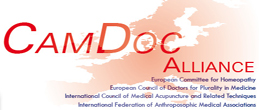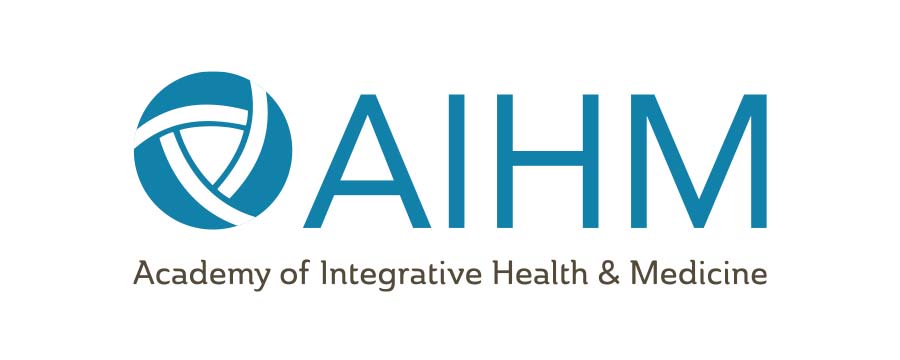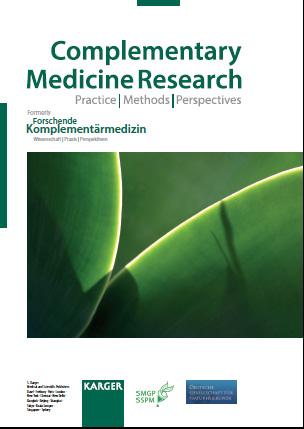What is "Integrative Medicine"?
The term "Integrative Medicine" was inaugurated in July 1999, when representatives from eight academic medical institutions in the US convened a historic meeting at the Fetzer Institute in Kalamazoo, Michigan. The working conference was titled: "The Consortium on Integrative Medicine" and aimed on three principal goals:
- Support and mentor academic leaders, faculty, and students to advance integrative healthcare education, research, and clinical care.
- Disseminate information on rigorous scientific research, educational curricula in integrative health and sustainable models of clinical care.
- Inform health care policy.
The historical meeting was attended by representatives from Duke University, Harvard University, Stanford University, University of California, San Francisco, University of Arizona, University of Maryland, University of Massachusetts, and the University of Minnesota. From the workshoo elapsed the ”Consortium of Academic Health Centers for Integrative Medicine” (CAHCIM), today “Academic Consortium for Integrative Medicine & Health” with more than 50 members. https://imconsortium.org

The Consortium defines "Integrative Medicine" as follows:
"Integrative Medicine is the practice of medicine that reaffirms the importance of the relationship between practitioner and patient, focuses on the whole person, is informed by evidence, and makes use of all appropriate therapeutic approaches, healthcare professionals and disciplines to achieve optimal health and healing".
UPCOMING EVENTS
Learn more about the 2021 Academic Consortium Symposium













